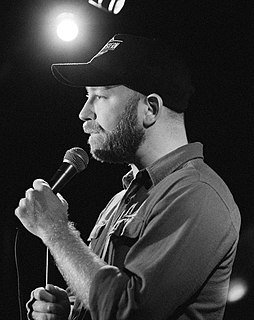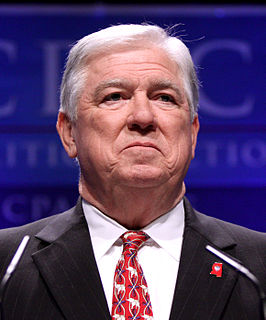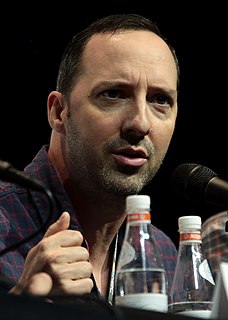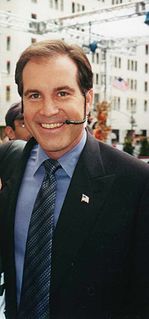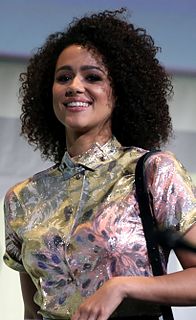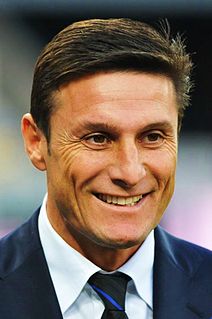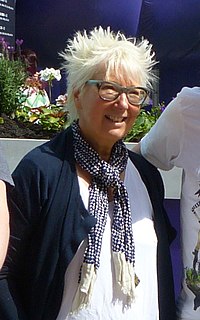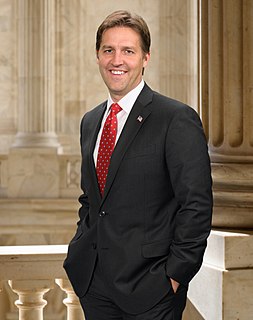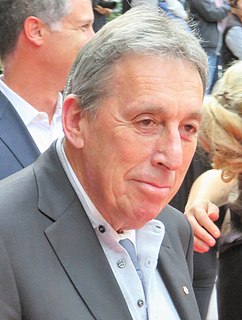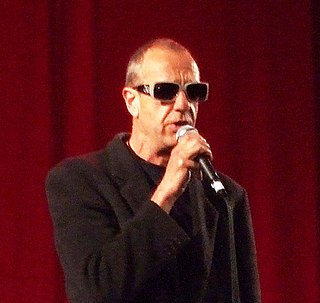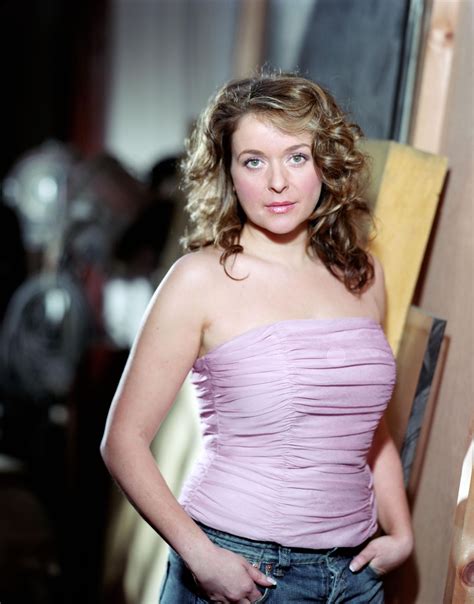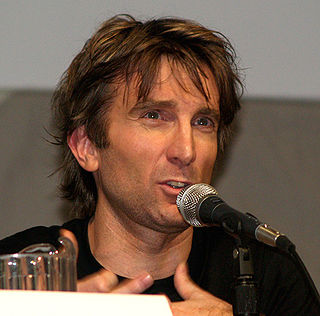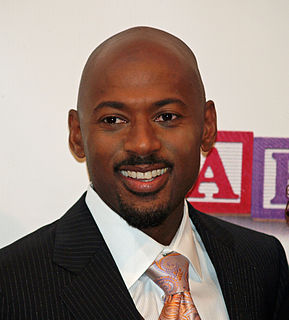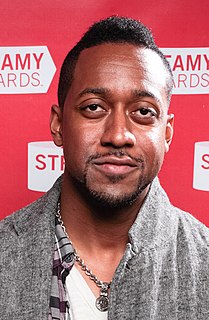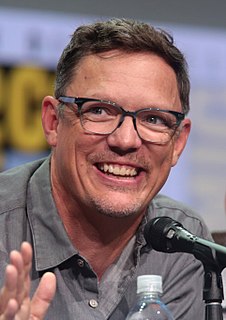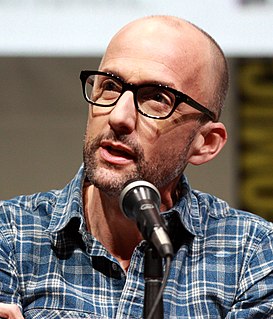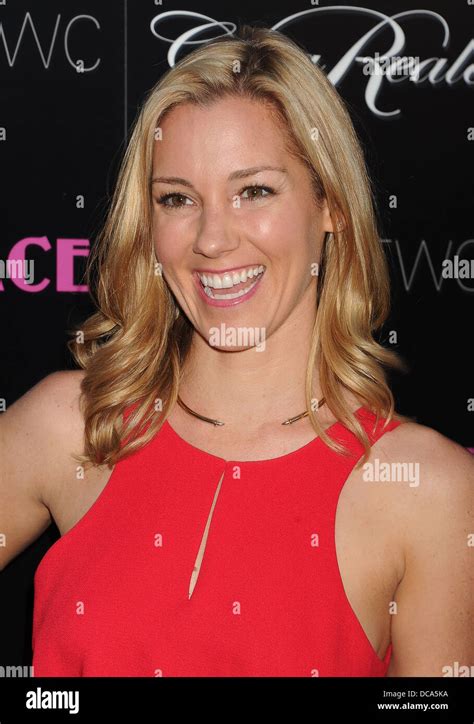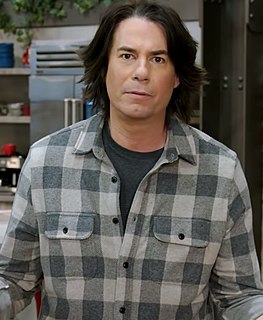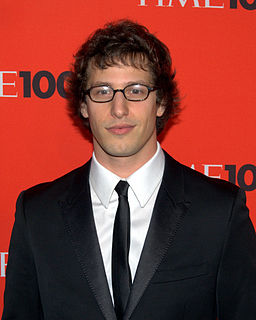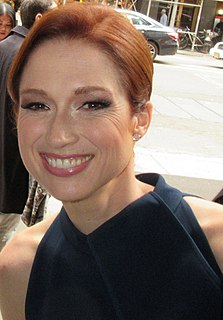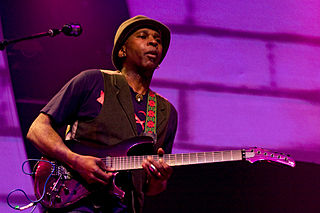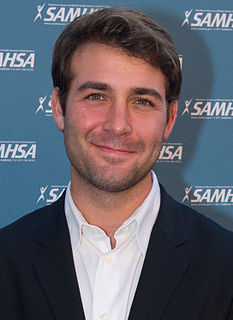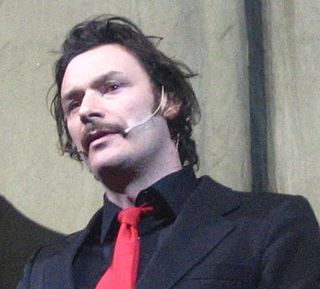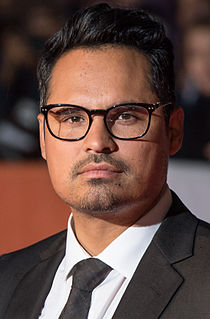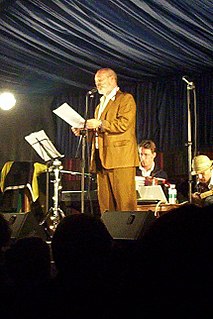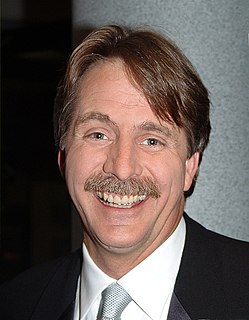Top 1200 Comedy Club Quotes & Sayings - Page 17
Explore popular Comedy Club quotes.
Last updated on November 14, 2024.
My daddy died when I was two years old. My mother raised my two older brothers and me. And we couldn't have had a better situation. I mean, she was the - ran the concession stand at the Little League, and she was the first woman president of The Touchdown Club, the booster club for the high school football team. And so, I had a wonderful childhood.
And you know, whether it's drama or comedy, the best work is based on truth. It's just that, with comedy, the circumstances are just crazy-heightened, and you have these crazy things thrown at you. But you still have to do it truthfully, because that's where the humor comes from. So it's not that difficult to cross over.
From 1975-'79, I worked for PGA professional Tony Bruno. For five years I watched, lost in admiration, as Tony ran the golf shop at Battleground Country Club in Manalapan, N.J. Tony put in 80-hour weeks doing what nearly 29,000 men and women club pros do every day: Keeping the game alive with a smile.
When I was young, as a fan of Independiente, my idol was Enrique Bochini. He was a playmaker and a total legend at the club. He never played for another club in his career. Maradona was a fan of Bochini too. So when I think that I have only played for Inter in Italy, I feel a little like Bochini. Only with far fewer assists!
I see parody as another form of comedy. If you are making a comedy, there are a lot of different ways to do it. I'm not necessarily always aware of my quote-unquote persona when doing things like that. It's more, "What does the character need at the time?" I'm certainly drawn to certain types of material, there's no doubt about that.
You go to all these parties and meet all these crazy people. But ultimately, it just ends up with you in a club, and then you're in the VIP area of the club, and then you're in the special secret VIP bit, and then eventually, it's just you, on your own, in a VIP box, going, 'Is this fun? I'm not sure this is fun.'
The essence of all jokes, of all comedy, seems to be an honest or well intended halfness; a non performance of that which is pretended to be performed, at the same time that one is giving loud pledges of performance. The balking of the intellect, is comedy and it announces itself in the pleasant spasms we call laughter.
I love comedy. I suppose comedy is my first love, in a way. I did a lot of acting, funnily enough, unprofessionally, as a kid. From when I was 10 years old until I was about 19, I was always doing little sketches with my friends, and doing different accents and voices. Probably about 3/4 of those were comedic, in some way, and the other 1/4 was more serious stuff or more action or more dramatic little pieces that I would make. But, I tend to lean towards comedy.
Comedy today is not what it was years ago. It's always changing, in particular to female comics. No longer are certain subjects considered to be a male preserve. Women can talk about sexuality and their bodily functions and it can be very, very entertaining. It's changed the impact of comedy acting.
There are a couple of things I want to impart to ladies who want to be in comedy: One, you don’t have to be weird or be quirky to get your job done. And two, comedy skill is not sexually transmittable. You do not have to sleep with a comedian to learn what you’re doing. Male comedians will not like that advice, but it is the truth.
It's interesting because with a lot of people who I've met in comedy, it seems not to matter what your background is. In terms of formal schooling - I feel like that's a nineteenth century term - but in terms of where you went to high school or college, or wherever, all that really is irrelevant, I have found, in comedy.
It's taken me a long, long time to figure out how to deal with negativity, because it used to really upset me. I was always that girl that, if I was performing in the club and there was one person not paying attention or not liking me, the whole club could be packed with people loving me, but I'd be obsessed with that one person.
That's just something instinctual within men. We always feel like we've got to protect our stuff. Even if it's not worth protecting, we want to protect it. You ever seen people who have like a piece of crap Pinto with a Club on the steering wheel. Somebody breaks the window, steals the Club, leaves the Pinto in a pile of glass.
The only thing I knew in the world as a little kid was comedy. And no other kids in my school cared about it at all. There was no one to talk about it with. You know, we're in a geek culture now where comedy is so giant. I'm one of the people that, you know, works on Funny or Die. And there is just a giant culture of comedy nerds. But back then, I was alone, and I had a little confidence about it because I felt like, this is my thing, this is the only thing that only I know about.
